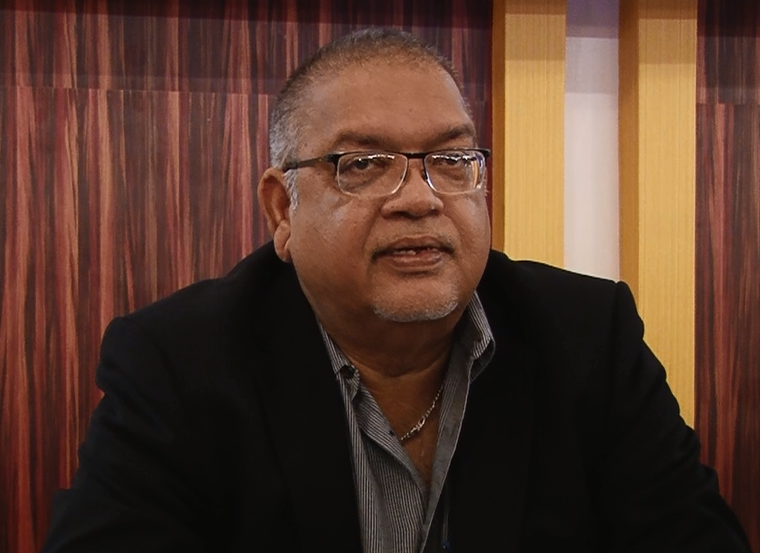Guyana’s honey woes with Trinidad not being ignored
- CARICOM official says amid complaints
By Vishani Ragobeer
Guyanese honey producers continue to face substantial difficulties exporting locally-made honey into the Caribbean because of laws in Trinidad and Tobago that block transshipment.
Though the local private sector has been complaining about this issue, seemingly without avail, the Director of External Trade at CARICOM’s Secretariat’s Directorate of the Caribbean Single Market and Trade, Dr. Chantal Ononaiwu says the issue is not being ignored.
“That’s a perfect example of a matter that frankly, is consistently on the agenda until it is resolved.
“It’s not that there’s a blind eye being turned to it but it is a complex issue and it requires certain steps being taken,” Dr. Ononaiwu said.

Ramesh Dookhoo of the Guyana Manufacturing and Services Association (GMSA), however, disagreed that the matter was complex. He said it is simply a matter of amending Trinidadian laws.
Similarly, the GMSA’s Vice President, Rafeek Khan expressed frustration at the “long standing issue and debate.”
He mulled whether the issue should be elevated to the Caribbean Court of Justice (CCJ) because of unsuccessful attempts at resolving the issue at the level of CARICOM’s Council for Trade and Economic Development (COTED).
For context, Trinidad and Tobago’s honey, bees and bee products are guided by the island’s age-old Food and Drug Act of 1960 and Beekeeping and Bee products Act of 1935.
And as per the country’s Beekeeping and Bee Products Act, only honey originating from the Windward and Leeward Islands can be transhipped there.

The country initially restricted the importation of honey from Grenada and other Caribbean countries over concerns of a potentially disastrous disease of honey bees, the American Foulbrood disease.
Grenada took the issue to COTED in 2013 and the Council decided that Trinidad’s denial of market access was in violation of the Revised Treaty of Chaguaramas, CARICOM’s central treaty. And Trinidad was directed to lift the prohibition on the import and transshipment of honey, based on reports.
Still, the problem exists.
And Dr. Ononaiwu said one of the reasons the issue has been described as complex is because it intersects with sanitary and phytosanitary concerns.
Essentially, these measures are quarantine and biosecurity measures implemented by countries to help safeguards against the spread of pests or diseases that may be in agricultural products.
Dookhoo accepted that these concerns are what countries should be wary of but believes the time is long past for a resolution to the honey transshipment issue.
In April, Guyana’s Agriculture Minister Zulfikar Mustapha told the News Room that long standing honey challenge with Trinidad and Tobago remains a bugbear that Guyana hopes to resolve soon.
“We have been working with them to remove all the non-tariff barriers,” Mustapha said.
He added that President Ali and Trinidadian Prime Minister, Dr. Keith Rowley have engaged each on the matter through an agriculture working group established under a newer Memorandum of Understanding (MoU) between the two countries.





